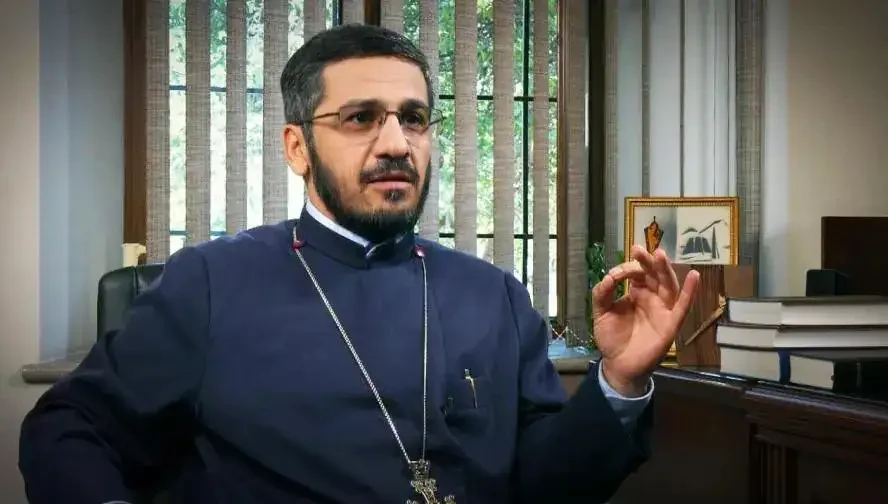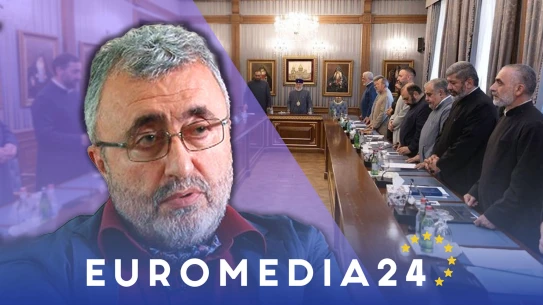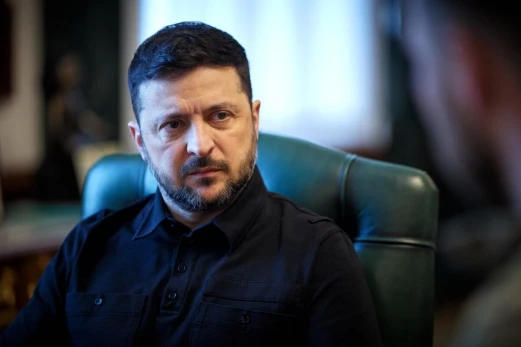Mother See of Holy Etchmiadzin, Director of Ecclesiastical Concept Department, Fr. Reverend Ruben Zargaryan writes:
"Ignorant, but ambitious.
In recent days, the deputy, political scientist, blasphemer, and provocateur with an average and below-average educational qualification does not make any noise, not only fights loudly on spiritual-religious topics, but also pretends to give ecclesiology lessons to the clergy.
The Christian tradition, from the Holy Book to the Church Fathers, has given valuable advice on this topic that shows people their place. Here are some samples according to biblical, patristic and Armenian church sources:
1. Holy Book
The Bible repeatedly exhorts us to beware of those who, without depth of faith or spiritual knowledge, try to teach others, especially church members.
a) "My brothers, do not all of you seek to teach others, knowing that we who teach will be judged more severely, because we all have transgressions" (James 3:1).
The apostle warns that to pretend to teach spiritual matters without divine knowledge is a great responsibility, not a glory.
b) "They stood up to teach us the Law, while they do not know what they are saying, nor the Law of God, about which they speak with great confidence" (First letter of the apostle Paul to Timothy 1:7).
This directly applies to those who, without theological knowledge or depth of faith, act as religious "analysts".
2. Fathers of the Universal Church
a) St. Athanasius the Great
"It is more honorable to be silent about what you do not know than to talk pointlessly about the secrets of God. For those who without knowledge speak of the divine, utter their condemnation" (St. Athanasius the Great).
b) "Do not glorify yourself with the beauty of your speech, but bow your tongue to what you do not know. Because whoever speaks about what he does not understand speaks his own judgment.
(Saint Ephraim of Assyria)
3. Fathers of the Armenian Church
a) "An ignorant man, who pretends to speak like a wise man, deceives himself, because speech, if it does not proceed from knowledge, does not serve wisdom, but becomes a cause of condemnation. It is better to be silent because of ignorance than to speak with wisdom that you do not possess.''
("A speech to Taghin Lusavorc", Tatevyan school)
b) "Whoever speaks of spiritual things without godly knowledge and humility is not a teacher, but a cause of temptation."
(Saint Gregory of Tateva)
Here it is warned: spiritual speech cannot be used as a tool for self-affirmation or argument, and whoever speaks about spiritual reality without humility receives a reward not from God, but from his own ambition.


























